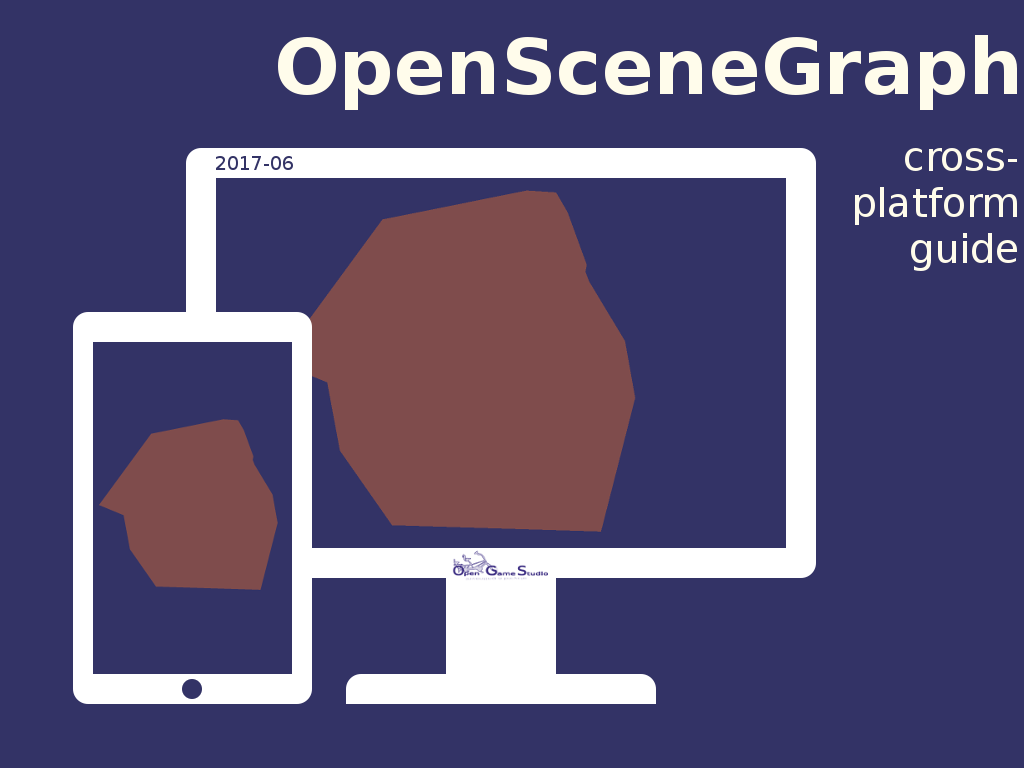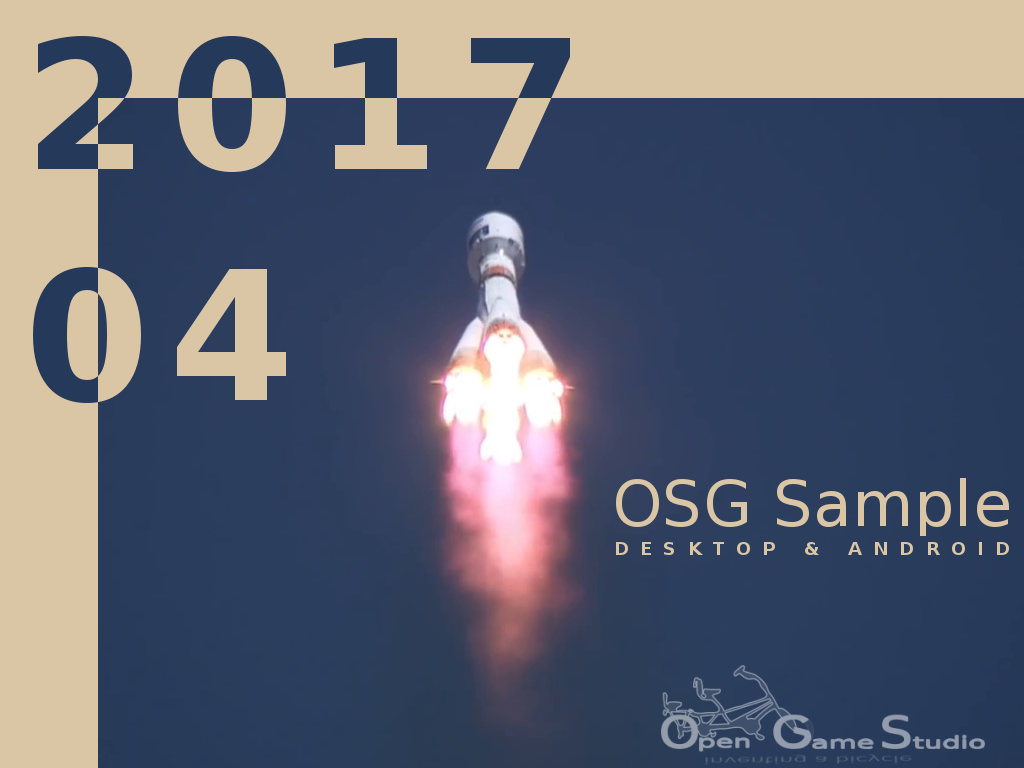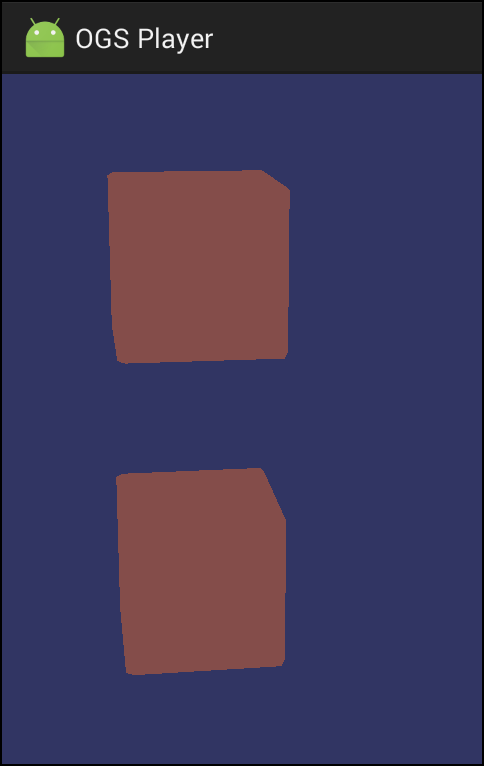News
Back to the Static
2017-10-16 00:00

We have been using Wordpress as our website engine for more than seven years. And now it's time to move forward. Or backward. For some time we've been tracking the development of the new breed of website engines - static site generators. It seems that this is the technology capable of changing past into future.
A static website is more straightforward, quicker and more secure. And with the help of generators, it is also as easy to manage, as the dynamic website. So, we are starting our site anew with the help of the Pelican.. . .
The birth of MJIN world
2017-09-10 00:00

This article describes the birth of MJIN world in August 2017.
mjin-player
As you know, we spent July to research scripting. We found a solution that satisfies the following criteria. Scripts should:
- run unchanged on all supported platforms
- allow extending C++ code
We have verified the second criterion by writing a sample application. The first criterion was taken for granted because it SHOULD be true.. . .
Scripting research
2017-08-16 00:00

This article describes scripting research in July 2017.
Our first goal of using a scripting language was to have a platform-independent code that runs unchanged on every supported platform.
OGS Editor 0.10 supports Python for such a code thanks to SWIG. SWIG provides a way to wrap almost any C/C++ code and use it in dozens of languages like Python, Ruby, Lua, Java, C#, etc.. SWIG really helped us taste the beauty of platform-independent code. However, SWIG only works one way: from C/C++ to a target language. This means the main application must be in the target language, and C/C++ code can only be used as a library.. . .
OpenSceneGraph cross-platform guide
2017-07-17 00:00

This article summarizes the work we did to produce OpenSceneGraph cross-platform guide.
June marked the finish of OpenSceneGraph cross-platform guide with the publishing of the last (initially planned) tutorial. The tutorial describes how to build and run sample OpenSceneGraph application in Web using Emscripten.. . .
iOS tutorial
2017-06-08 10:00

This article describes problems we faced during the creation of iOS tutorial in May 2017.
This February we managed to get simple model rendered under iOS in just a few days. We expected to finish iOS tutorial in no time. However, the reality reminded us: it's easy to come up with a hackish demo that works for one person, but it's hard to create a concise example that works for everyone.. . .
OpenSceneGraph sample
2017-05-12 00:00

This article describes creation of the tutorials for building sample OpenSceneGraph application under Linux, macOS, Windows, and Android in April 2017.
Previous tutorials described how to install OpenSceneGraph under Linux, macOS, Windows and render a model using the standard osgviewer tool. This time we worked on a sample OpenSceneGraph application that would run under Linux, macOS, Windows, and Android.. . .
It's all fine
2017-04-07 00:00

This article describes creation of the first four OpenSceneGraph tutorials in March 2017.
The first four OpenSceneGraph tutorials explain how to create a cube model with Blender and display the model under Linux, macOS, or Windows using OpenSceneGraph tool called osgviewer.
The whole process of creating a single tutorial turned out to be pretty daunting because it includes several tasks:
- Record original video depicting one or more steps. . .
Let's go
2017-03-16 00:00

In this article we describe our progress in January and February of 2017: rendering under iOS/Web and a new tutorial tool.
Rendering under iOS/Web
To our surprise, we got a simple red cube rendered under iOS and Web pretty fast: in early February. However, this is only the beginning of this year's challenge to support Android, iOS, and Web platforms. There's a long and bumpy road ahead of us as we need a lot more on each platform before we can claim a success: visual effects, Python scripting, data archives.. . .
The year of challenges
2017-01-25 00:00

This article describes our plans for 2017.
Our past plans suggested we would have Android platform support by this time. However, we have a long way to go, before we can declare Android support. See for yourself:

Some people would consider this a failure. We don't. We see a chance to start low and jump high!
Having only worked with liberal and forgiving desktop environments, Android was a complete surprise for us. Android punished us for everything: memory, resources, graphics. The usual Android response was either a crash, or an empty screen.. . .
Page 4 of 8